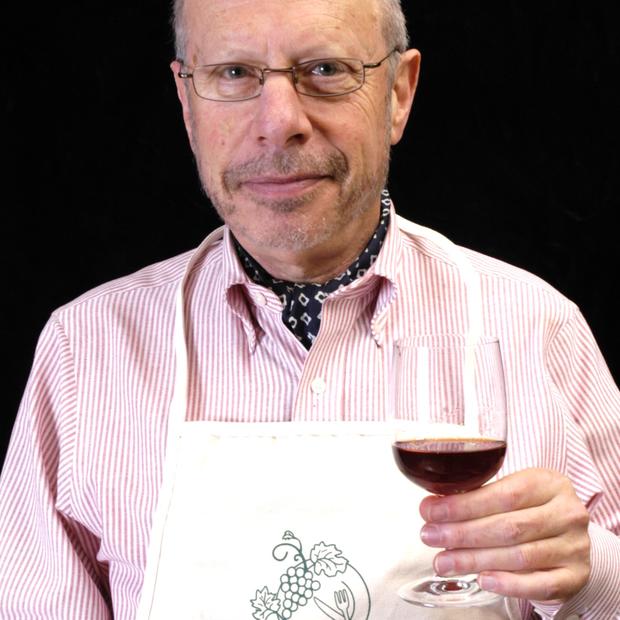If you live in a glass house, don't throw stones. If you're trying to build a glass house, as the Space Needle owners are, you're going to be judged by the house you've already built, so beware of stones.
Such, at least, is the argument of The Stranger's managing editor, Bethany Jean Clement, who trashes the Needle's revolving restaurant, Sky City, in this week''s issue under the headline "The Travesty of Dinner at the Space Needle."
No aspect of the restaurant escapes her withering fire: The crab cake tastes like damp bread, "what they do to a pork shop ought to be punishable by law," even the mashed potatoes are terrible ("unrich, unsmooth"). As for the seafood trio, "scallops suffered a grilling that eradicated ocean-sweetness and tenderness, while grittiness was preserved; the wild salmon was also cooked very, very thoroughly, attaining a tinny taste."
Now, the Space Needle's restaurant "has always been overpriced, and it has never been good, and everybody knows it. Its last review, 10 years ago in The Seattle Times, earned it 'far from perfect.'" But then how are we to account for the award to SkyCity last year, as Restaurant of the Year by the Washington Wine Institute? Well, the wine list is almost exclusively Washington, including several "Space Needle Wines" featuring labels by "local artist, Dale Chihuly." Aha!
That wine note sets up the punch line of the review: "Like the Space Needle, the Chihuly museum would be a for-profit business — one built on public land that the public would have to pay money to get into. The profits — like the profits of SkyCity — would go to the company that runs it, which is owned by the Wright family." Pausing briefly to note that the Wrights donate heavily to conservative Republican candidates and causes, the review concludes that Sky City could be, should be, a source of civic pride, rather than "a rip-off and a joke, something the average Seattle citizen gets exactly nothing out of.... We have no reason to believe the museum would be different."
It may be the first time in civic history that a museum project founders on an overdone scallop.

